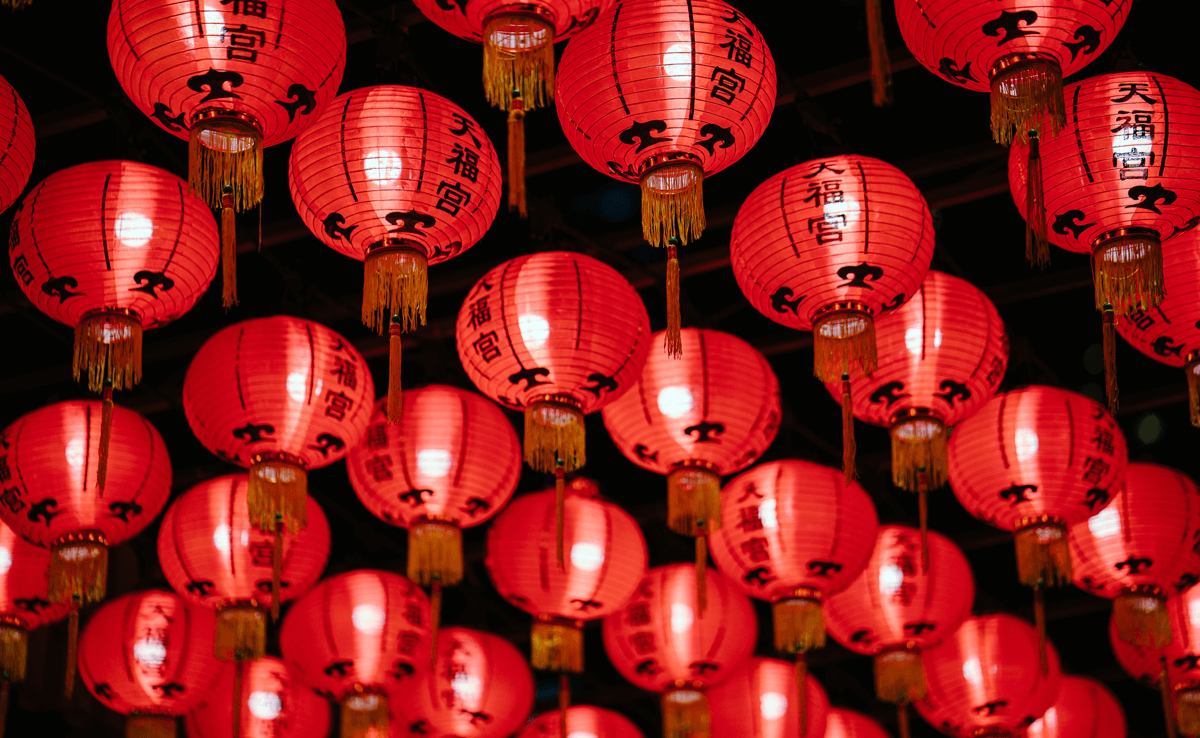The GCC and China Continue to Grow Their Relationship
A New MENA Power Player
China has emerged in recent decades as the primary source of foreign investment in the Middle East and a significant trading partner for many Gulf nations, most notably Saudi Arabia and the United Arab Emirates. The Arab states of the Persian Gulf required export profits to support the diversification of their economies, much as Beijing required oil and gas to fuel its explosive economic growth and make it the largest exporter of products in the world.
China has so far abstained from becoming involved in regional crises like the hostility between Iran and the Gulf states. Now that the United States is indicating its intention to withdraw from MENA, it might need to move forward with even more prudence to secure its significant investments.
There have already been a lot of diplomatic activity this year. In January, Beijing welcomed the foreign ministers of Bahrain, Kuwait, Oman, and Saudi Arabia. The Chinese foreign minister and the UAE’s foreign minister spoke on the phone. Then, to strengthen economic connections, Turkey’s foreign minister traveled to China, where he purportedly agreed to prevent Uighur militants from establishing bases there. Turkey is currently experiencing a catastrophic financial crisis.
To hasten the implementation of the extensive 25-year economic and strategic relationship that was concluded in 2021, Iran’s senior diplomat later paid a visit to Beijing. It includes support for the growth of the military and nuclear sectors, cyber capabilities, and intelligence collaboration and is viewed as a buffer against American sanctions.
Regional Growth
China is currently taking part in Syria’s reconstruction. Even though Russia may currently oversee the region, it cannot compete with Chinese businesses’ remarkable track record of creating ports, roads, and railway tracks, which is supported by almost endless financial resources. The head of the Syrian National Council and the Chinese ambassador agreed to participate in the Belt and Road Initiative by signing a memorandum of agreement on January 12. (BRI). Washington, which had stated it would not participate in Syria’s reconstruction if President Bashar al-Assad remained in office, was incensed by the action. China and Morocco have a comparable arrangement.
In 2021, Beijing will invest $10.5 billion in BRI-related and energy projects in Iraq, China’s third-largest oil supplier.
Egypt is a key hub for the BRI, and in 2018, the two nations announced a number of deals worth $18 billion. The new administrative capital of Cairo and the Economic-Technological Development Area in Egypt’s Suez Canal Economic Zone in Ain Sokhna are two major projects in which Beijing is actively participating.
China has enlisted 21 Arab nations in the BRI, a multi-trillion dollar initiative to resurrect the legendary silk road in order to move commodities to markets in Europe and Africa. Currently, infrastructures created by Gulf nations serve as a transit point for two-thirds of its exports to these continents.
The economy of tourism in China is still recovering slowly. The domestic market has bounced back from the setbacks and is now growing at its pre-COVID-19 rate. China’s overseas travel, though, is still relatively restricted and hasn’t made much of a comeback.
Chinese travelers in large numbers have significantly impacted the global tourism industry. This significant source of income for major cities and tourist destinations around the world has been abruptly cut off by the coronavirus. Additionally, China has developed a reputation for being effective in reducing the flow of outbound tourists.
Cryptocurrency and Future Visions
Digital assets are becoming more prevalent all over the world. In fact, it is predicted that the worldwide blockchain market will reach $60 billion by 2024. By 2023, it is anticipated that global spending on blockchain technology will increase to over 16 billion USD.
In the interim, cryptocurrencies have also entered the tourism sector. For instance, Travala, which was newly established in 2017, is also available in Chinese. It is currently the top blockchain-based travel booking platform in the world. Numerous clients from all around the world select it as their preferred online travel company. The AVA Token (BEP-2 token standard), its native cryptocurrency, is anticipated to experience increased demand as the network grows.
Internet filtering in the Middle Kingdom is well-known for being quite stringent. Currently, all cryptocurrency transactions are prohibited, and Bitcoin is restricted. Governments and fintech companies are now acknowledging the potential of cryptocurrencies as a result of the unprecedented trend toward online payments over the past year. Global central banks are putting the last touches on launching virtual copies of their current currencies as payment juggernauts like Mastercard and Visa bet on Bitcoin.
China is seeking overseas partners as it sees a chance to strengthen the yuan on a global scale through the digital sphere. The Asian powerhouse, along with Thailand and Hong Kong, is building a cross-border system for international e-payments using digital currency designed by their respective central banks. The Emirates, which is working on a framework to govern cryptocurrency, has joined the project.
By the time the Beijing Winter Olympics begin next year, the central bank of China will already be preparing to recognize its digital yuan officially. Thailand has also been urging merchants to accept its own cryptocurrency, Inthanon. On the other hand, the UAE and Saudi Arabia started a collaborative effort named Aber to create a universal cryptocurrency around the end of the previous year.
Up until now, virtual currencies like Bitcoin have operated autonomously and without the control of a centralized authority, but suddenly 60% of central banks around the world are turning their money into cryptocurrency. China wants to capitalize on the demand for simple, digital payments so that the e-yuan becomes more well-known globally.

